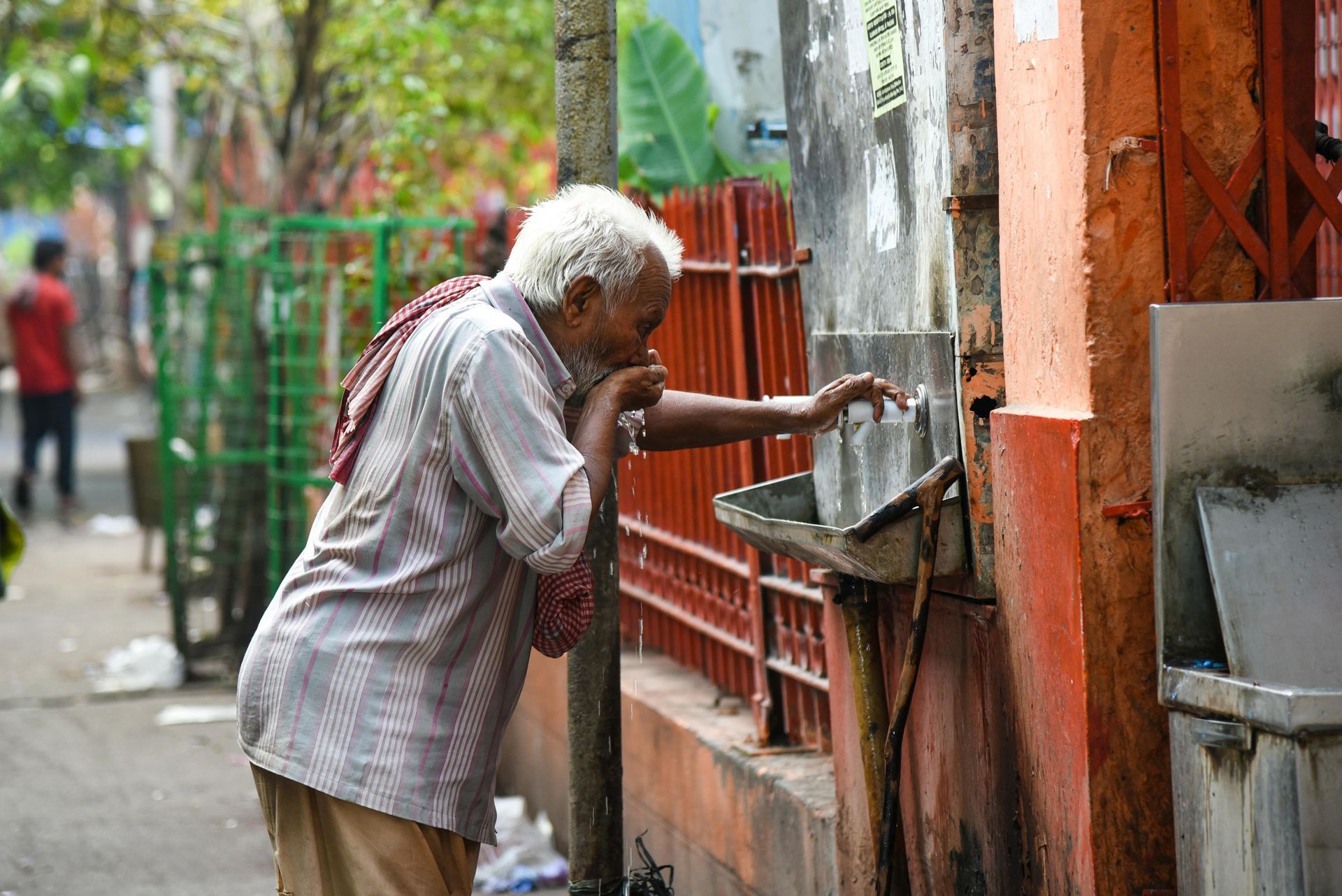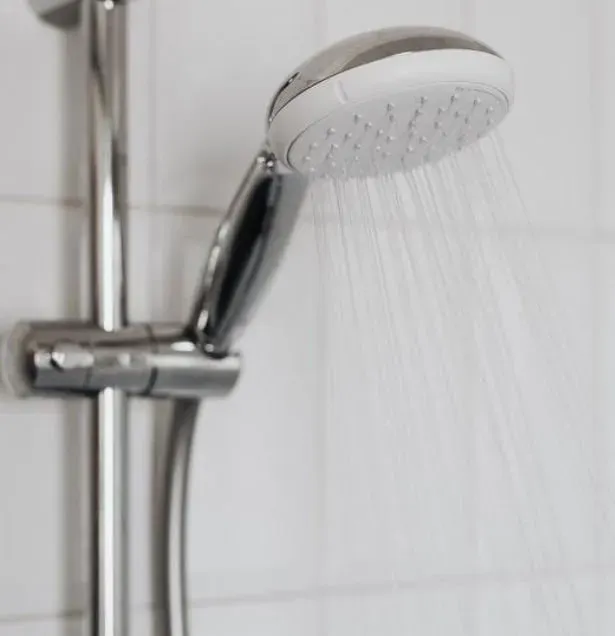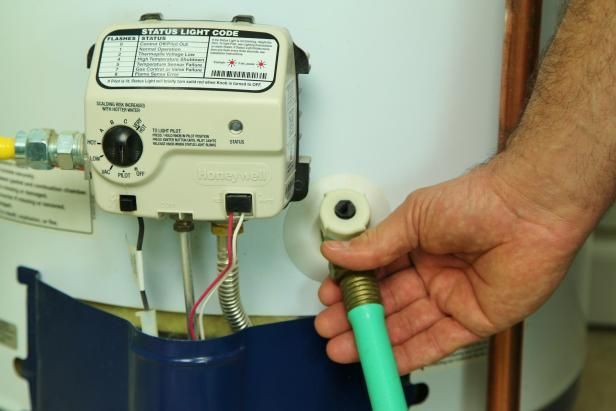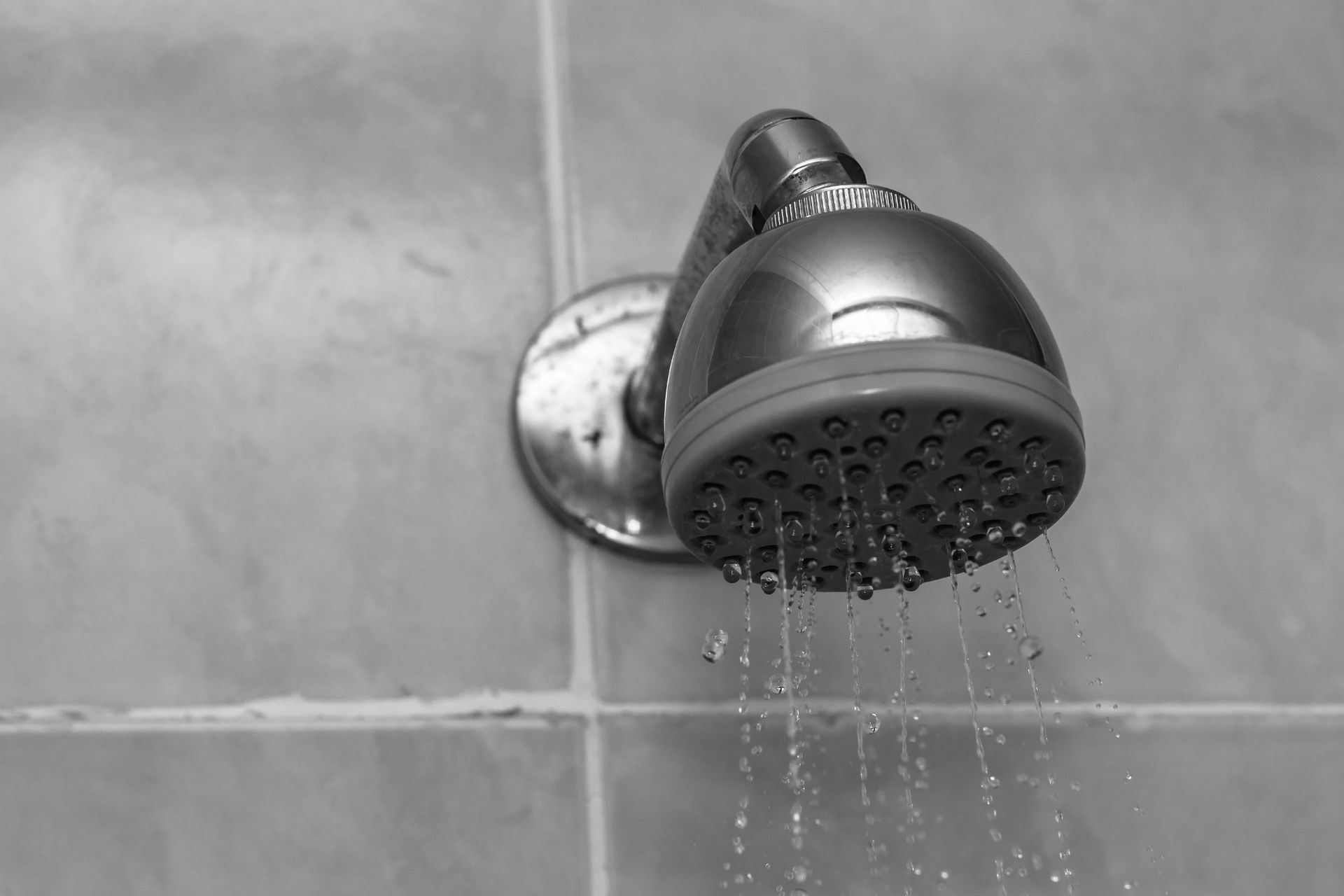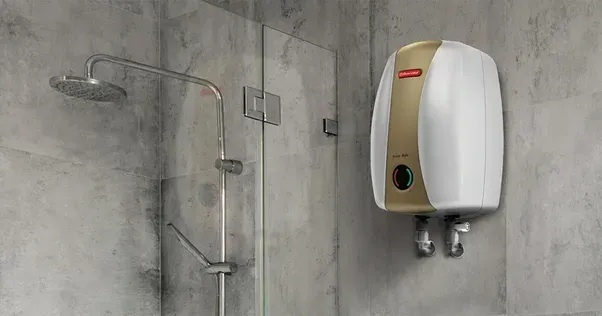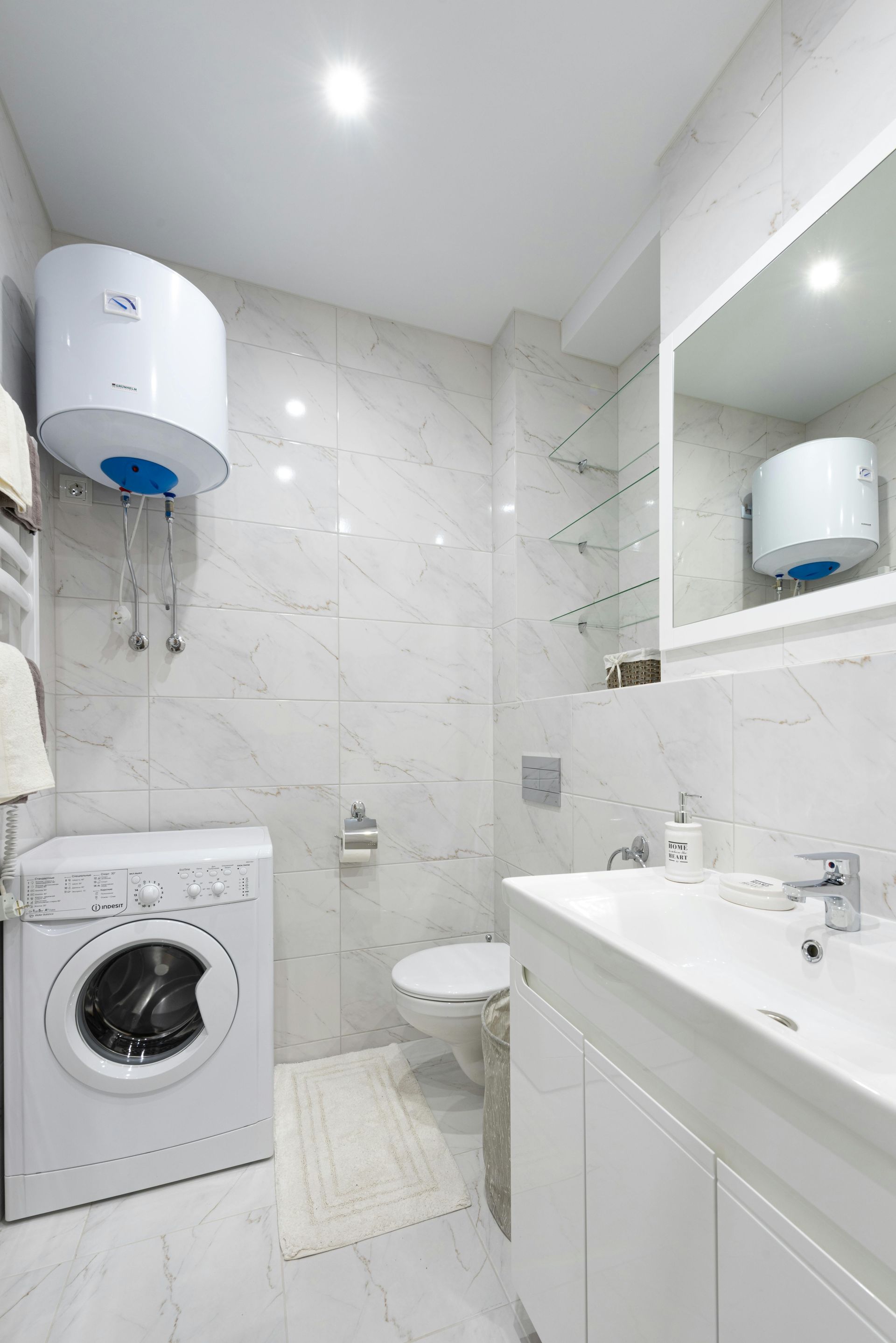How to Prevent Sump Pump Failures During Heavy Rain
A sump pump is your first line of defense against basement flooding, especially during heavy rain. However, sump pump failures can turn a rainstorm into a costly disaster. By understanding common issues and implementing preventive measures, you can ensure your sump pump works flawlessly when you need it most.
"What to Do If Your Sump Pump Stops Working"
Why Sump Pumps Are Critical During Heavy Rain
Sump pumps protect your home by removing excess water that accumulates in the sump basin, preventing basement flooding. Heavy rain can overwhelm your pump, causing it to fail if it’s not properly maintained or equipped to handle the volume. A sump pump failure during a storm could lead to water damage, mold growth, and expensive repairs.
Understanding Common Sump Pump Failures
1. Power Outages
Storms often cause power failures, rendering electric sump pumps useless when they’re needed most.
2. Mechanical Failures or Clogs
Over time, debris can clog the pump or its discharge line. Mechanical parts like the float switch may wear out, causing the pump to stop working.
3. Insufficient Capacity
If your sump pump isn’t powerful enough to handle heavy rainfall, it may fail to keep up with the incoming water.
Preparing Your Sump Pump for Heavy Rain
1. Conduct Regular Maintenance
Routine maintenance is crucial for keeping your sump pump in top shape:
- Clean the Pump and Pit: Remove debris from the sump pit and the pump itself to prevent clogs.
- Inspect the Float Switch: Ensure the switch moves freely and activates the pump.
- Test the Pump Functionality: Pour water into the sump pit to verify that the pump activates and drains water properly.
2. Install a Backup Power Source
Power outages are common during storms, so a backup power source is essential:
- Battery Backups: These systems power your sump pump during outages, ensuring continuous operation.
- Generators: A portable or standby generator can also supply power to your sump pump and other critical appliances.
3. Ensure Adequate Pump Capacity
An underpowered sump pump can quickly become overwhelmed:
- Calculate your home’s needs based on rainfall intensity and drainage area.
- Upgrade to a higher-capacity pump if your current one isn’t sufficient.
Preventing Sump Pump Overload
1. Divert Rainwater Away from Your Home
Managing external water flow reduces the burden on your sump pump:
- Extend Downspouts: Ensure downspouts direct water at least 10 feet away from your foundation.
- Clean Gutters: Prevent clogs that could redirect water toward your home.
- Grade Your Landscape: Ensure the ground slopes away from your house to naturally divert rainwater.
2. Install a Secondary or Backup Sump Pump
A secondary pump can take over if your primary pump fails or is overwhelmed:
- Choose between pedestal pumps (easy to maintain) or submersible pumps (better for high water volumes).
- A secondary pump can be lifesaving during heavy rainstorms.
Addressing Emergency Situations
1. What to Do If Your Sump Pump Stops Working
If your pump fails during a storm, take immediate steps to minimize damage:
- Use a wet/dry vacuum to remove water.
- Place sandbags around entry points to block water flow.
- Call a professional plumber or technician for urgent repairs.
2. Use a Water Alarm System
Water alarms can alert you when water levels rise dangerously high:
- These devices provide early warnings, giving you time to act before flooding occurs.
- Invest in reliable water alarms for extra peace of mind.
Advanced Tips for Long-Term Sump Pump Efficiency
1. Consider a Water-Powered Backup System
Water-powered backup pumps use municipal water pressure to operate, making them a great option during extended power outages. They are reliable and don’t require electricity or batteries.
2. Schedule Professional Inspections
Annual inspections by a professional plumber can identify potential issues early:
- They’ll check the pump’s motor, impeller, and other components for wear and tear.
- Regular servicing extends the lifespan of your sump pump.
Conclusion
Preventing sump pump failures during heavy rain requires regular maintenance, adequate preparation, and smart investments like backup systems and alarms. By taking proactive steps, you can ensure your home stays dry and secure, no matter how severe the storm. Don’t wait for a crisis—prepare your sump pump today to avoid costly flooding tomorrow.
FAQs
How Often Should I Test My Sump Pump?
Test your sump pump every three months and before any forecasted heavy rain.
Can a Sump Pump Handle Torrential Rain?
A high-capacity sump pump can handle heavy rain if it’s well-maintained and supported by a backup system.
What is the Average Lifespan of a Sump Pump?
Most sump pumps last 7-10 years with proper care and maintenance.
How Much Does a Sump Pump Backup System Cost?
Backup systems range from $200 to $1,000, depending on the type and features.



